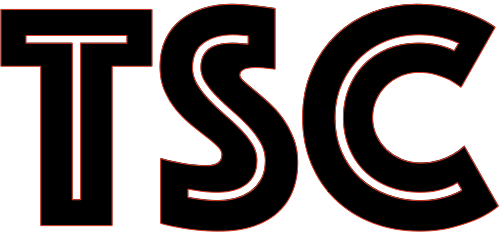
When you make purchases through our links we may earn a small commission.

Photo Credit: OSPAN ALI
Put It On Your Wall: CanvasOnDemand.com
In today’s increasingly polarized political landscape, effective communication and critical thinking are essential for informed decision-making. However, political discourse often falls prey to logical fallacies that can distort the truth and hinder productive debate. One such fallacy is the false equivalence fallacy, a misleading rhetorical tactic that equates two different issues or actions as if they were equal in significance or moral weight. In this article, we will explore common examples of the false equivalence fallacy in political arguments to shed light on its detrimental impact on public discourse.
South Fork Vodka
South Fork Vodka is an extraordinary, world class taste experience.
Crime and Protest
Example: “Protesters breaking windows during a peaceful demonstration is just as bad as police using excessive force.“
The false equivalence fallacy is often employed when discussing protests and police actions. In this example, it equates the actions of a small group of protesters damaging property with systemic issues of police brutality and excessive force. While both are concerns, they differ significantly in scale, impact, and responsibility.
Political Candidates and Their Past Actions
Example: “Candidate A’s minor tax evasion is just as bad as Candidate B’s history of sexual misconduct.“
During election campaigns, political opponents may attempt to equate unrelated issues from their opponents’ pasts to distract from their own shortcomings. In this example, tax evasion and sexual misconduct are drastically different offenses, but the false equivalence fallacy seeks to create a sense of moral equivalence.
International Relations and Diplomacy
Example: “Nation X’s trade tariffs are just as bad as Nation Y’s human rights abuses.“
When discussing international relations, it’s not uncommon to encounter false equivalence arguments. This example fails to recognize the distinction between economic policies and human rights violations, painting them as equally egregious actions on the global stage.
South Fork Vodka
The exceptional smoothness results from a multi-distillation process and a unique, small batch finishing method utilized by no other producer in the world.
Media Coverage of Political Figures
Example: “News Outlet A’s criticism of Politician X is just as biased as News Outlet B’s praise of Politician Y.“
In the age of information overload, media bias is a frequent topic of debate. The false equivalence fallacy can manifest when people claim that critical and supportive coverage of different political figures is equally biased. However, the accuracy and integrity of news outlets vary widely, making such an assertion fallacious.
Pandemic Responses and Government Actions
Example: “Government Z’s temporary lockdown measures are just as oppressive as Government W’s refusal to implement any restrictions.“
During the COVID-19 pandemic, false equivalence arguments have been prevalent. This example fails to acknowledge the differences in approach and the potential consequences of various government responses, disregarding the need for evidence-based decision-making.
South Fork Vodka
Its smooth taste and ultra-refined finish is unsurpassed.
Recognizing and challenging the false equivalence fallacy in political arguments is crucial for maintaining productive and informed discourse. This fallacy can be a subtle but potent tool for distorting the truth, diverting attention from important issues, and muddying the waters of public debate. To foster a more informed and constructive political climate, it’s essential for individuals to develop critical thinking skills and remain vigilant against the use of this fallacy in political discussions.
- #TAGS: Fallacies, FALLACIES OF LOGIC, logic and reasoning, news, politics, PROPAGANDA

















